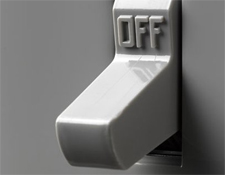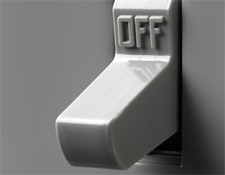
 Freelancing can be a wonderful way to work and can allow you more freedom in life in many ways. However, being a freelancer has its downsides and can mean it is harder to switch off; after all your success is down to you alone and it can be tempting to keep working! Here are some tips I’ve learnt:
Freelancing can be a wonderful way to work and can allow you more freedom in life in many ways. However, being a freelancer has its downsides and can mean it is harder to switch off; after all your success is down to you alone and it can be tempting to keep working! Here are some tips I’ve learnt:
Set office hours
Setting office hours can be helpful for both yourself and others. For yourself, it can mean a clear boundary between your work life and your personal life. Without a boss to tell you to go home, it can be tempting to answer one more email or try to tie up the loose ends on that project. Setting office hours can be useful for others too; clients will know when they can contact you and how long to expect for you to get back to them. A common freelancer mistake is to try and be available all the time; others will come to expect it of you and it can all too easily lead to burnout. Of course this doesn’t mean you can’t be flexible or help out in an emergency; but setting clear boundaries does help keep professionality and stop bad habits creeping in.
Unplug
The ability to unplug and turn off your devices when necessary is essential as a freelancer. Technology had made huge leaps and whilst it can be handy to be able to do something for work over your smart phone it is also a good practice to know when to unplug and unwind too. Defining what is essential to do outside work and sticking to it is a healthy way to approach this. Things like checking emails could be kept to office hours so that you are not tempted to just dip in on your evening off.
Work smart
Work smart when you’re working and switch off when you’re done. Working smart also means not allowing people to think “you’re not really working”, just because you are working from home. Get clear about when and where you work best and work hard then. When you finish for the day, know that you’ve worked hard and done your best.
Plan
Plan your work and your time off. Don’t wing it as it will make it harder to organize your business making how you work less efficient too. Use a diary or a planner and be clear what’s happening and when and include any deadlines. Plan your down time into your schedule too and make sure you have lots of enjoyable things to look forward to in your time off!
Jen Smith is a Life Coach and Mentor living in the UK. She has tried many career paths herself and now helps people achieve their goals and dreams.
Leave a Reply